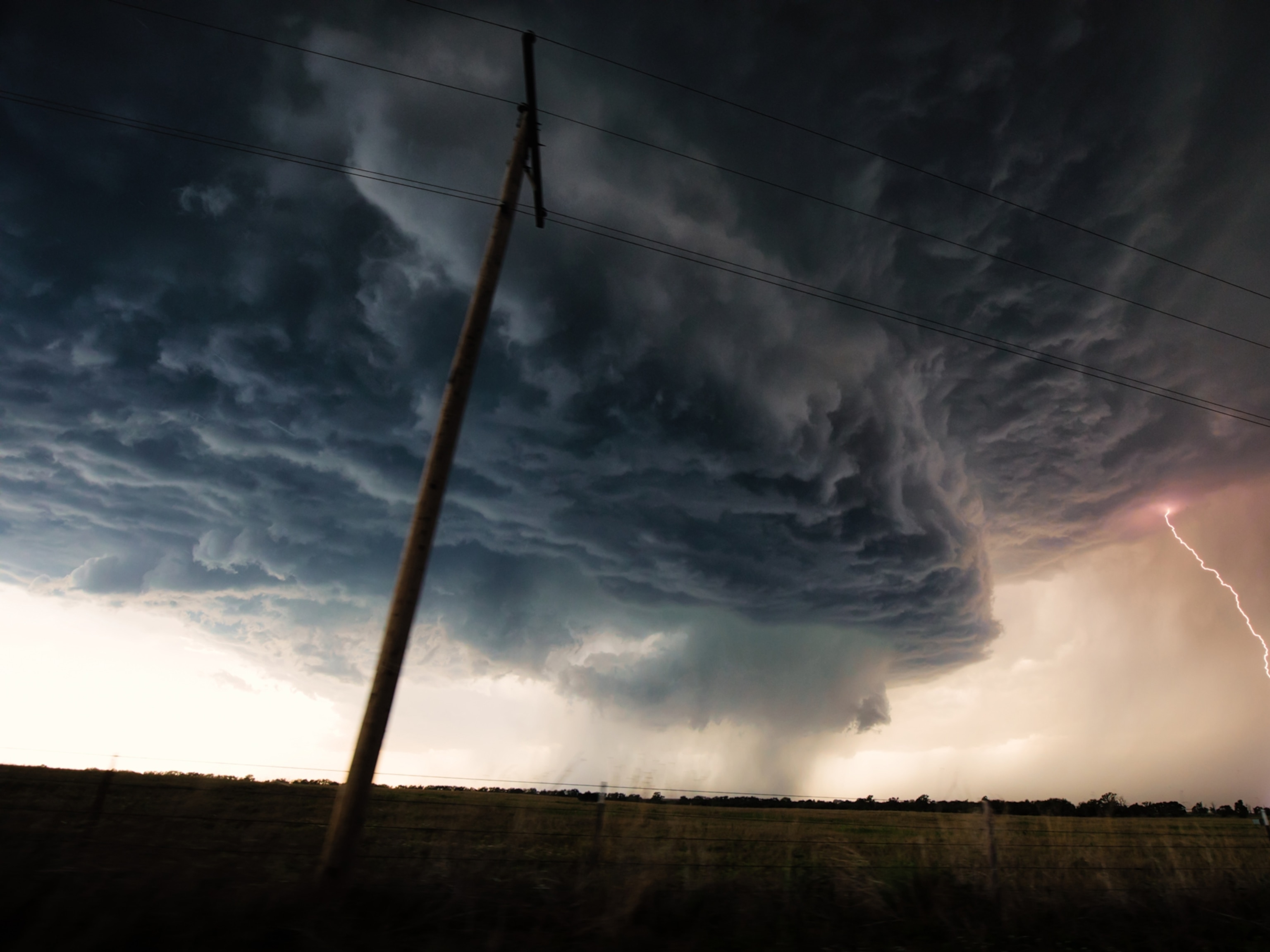
Global Warming "Undeniable," U.S. Government Report Says
Past decade hottest on record, NOAA study says.
"Global warming is undeniable," and it's happening fast, a new U.S. government report says.
An in-depth analysis of ten climate indicators all point to a marked warming over the past three decades, with the most recent decade being the hottest on record, according to the latest of the U.S. National Oceanic and Atmospheric Administration's annual "State of the Climate" reports, which was released Wednesday. Reliable global climate record-keeping began in the 1880s.
The report focused on climate changes measured in 2009 in the context of newly available data on long-term developments.
(See "Heat Wave: 2010 to Be One of Hottest Years on Record.") For instance, surface air temperatures recorded from more than 7,000 weather stations around the world over the past few decades confirm an "unmistakable upward trend," the study says.
And for the first time, scientists put data from climate indicators—such as ocean temperature and sea-ice cover—together in one place. Their consistency "jumps off the page at you," report co-author Derek Arndt said.
"This is like going to the doctor and getting your respiratory test and circulatory test and your neurosystem test," said Arndt, head of the Climate Monitoring Branch of NOAA's National Climatic Data Center.
"It's testing all the parts, and they're all in agreement that the same thing's going on."
Global Warming Sparked Extreme Weather in 2009?
Three hundred scientists analyzed data on 37 climate indicators, but homed in on 10 that the study says are especially revealing.
Those indicators include:
- humidity,
- sea-surface temperature,
- sea ice cover,
- snow cover,
- ocean heat content,
- glacier cover,
- air temperature in the lower atmosphere,
- sea level,
- temperature over land,
- and temperature over oceans.
As scientists would predict in a hotter world, some of the indicators—such as ocean heat content and temperature over land—are increasing. Others, such as sea ice cover and snow cover, are decreasing.
The influx of greenhouses gases into the atmosphere has also hit oceans particularly hard, the NOAA report says. (See an interactive on the greenhouse effect and global warming.)
New evidence suggests that more than 90 percent of that heat trapped by greenhouses gases over the past 50 years has been absorbed into the oceans.
Because water expands as it warms, the added ocean heat is contributing to sea level rise as well as to the rapid melting of Arctic summer sea ice. That melting in 2010 is on track to be worse than 2007, when Arctic ice cover reached its lowest point on record.
Such climatic shifts are already ushering in extreme weather, which plagued much of the globe in 2009, according to the report. (See a world map of potential global warming impacts.) For instance, Australia experienced its third hottest year on record.
On one February 2009 day—labeled "Black Saturday"—in Australia, 400 wildfires swept across the state of Victoria, killing 173 people and destroying 3,500 buildings. (See pictures of the Australian fires.)
NOAA Climate Report Offers Real-World Data
The NOAA report—published in the Bulletin of the American Meteorological Society—is different from other climate publications, because it's based on observed data, not computer models, making it the "climate system's annual scorecard," the authors wrote. (Test your global warming knowledge.)
"It's telling us what's going on in the real world, rather than the imaginary world," said Kevin Trenberth, a senior scientist at the Boulder, Colorado-based National Center for Atmospheric Research.
Even so, the report "does not carry the authority of the IPCC [Intergovernmental Panel on Climate Change] by any means," Trenberth noted.
That's partially because IPCC reports—the latest of which came out in 2007 with a similar claim that warming is "unequivocal"—are produced on longer time scales, with more time for review.
And even with real-world data, "the theory with regard to global warming is still incomplete"—especially since the atmosphere is so complex, Trenberth cautioned.
This "can be seen at a glance," for example, "by looking out of the window at the wondrous, great variety in clouds."




